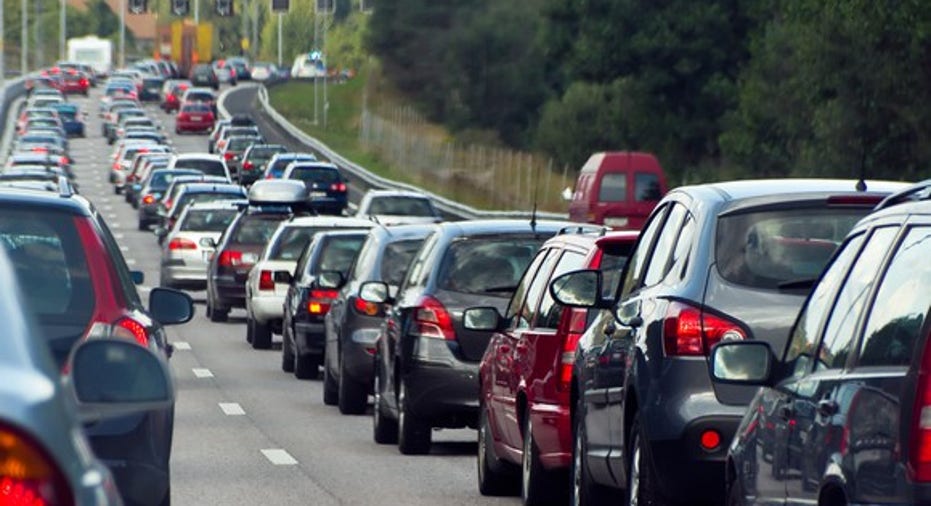Should You Buy or Lease Your Next Car?

The difference between buying and leasing a car is roughly equivalent to the difference between buying and renting a house. If you buy a car, once you've paid off any loan you used to make the purchase, the car is yours forever. If you lease a car, you can use the car (gently) until the lease term ends, but at that point you have to either return the car to the dealer or buy it outright.
Why buying is better
For most people, buying rather than leasing is a better financial move. While car payments for buying a car are typically quite a bit larger than lease payments would be for the same car, you get to own your car once you've paid the money back. Lease payments, on the other hand, just go into the dealer's pocket. And because of the financing intricacies of leases, you end up paying far higher finance charges with lease payments than you do for car payments. Also, when you lease a car, you're limited in what you can do with it. Most leases include penalties for exceeding "normal wear and tear," and if you or your kids are rough on the car, you could have an unexpectedly large bill at the end of the lease period. Leases also limit your mileage per year, although you usually have the option to buy a larger mileage allowance if you feel you will need one. And you can't modify a leased car except in ways permitted by the leasing contract. Finally, if you decide that you want or need to return the car early, you'll have to pay (potentially very high) early termination fees to get out of the lease.
Image source: Getty Images.
Why leasing is better
However, in some circumstances, leasing may be a better choice. Lease payments are typically quite a bit lower than car payments, because you're not actually paying for the whole car -- you're just paying for its depreciation (meaning how much the car will decline in value during the time you lease it). If you need a luxury car for some reason -- for example, you drive clients around as part of your job and you want to impress them -- leasing such a car can be much more affordable than buying it. Leasing also makes it easy to walk away from the car at the end of the lease period, instead of having to go through the process of finding a buyer or trading it in -- so if you're positive you won't want the car after the lease runs out, then that may be the way to go.
If you drive your car as part of your job or business, leasing may work out to be a better deal than buying thanks to the potential tax discount. If you lease your car, you can deduct a percentage of your lease payments based on how much you use the car for business versus personal driving. For example, if you drove 10,000 miles last year and 5,000 of those miles were business related, then you used your car 50% of the time for business and you can deduct 50% of your lease payments. On the other hand, if you buy a car, you can only deduct a percentage of the interest portion of your car payments -- not the principal.
Which is better for you?
When deciding whether to lease or buy, the most important factors are how you're going to use the car and what you want to do with it a couple of years down the line. If you want to minimize your payments, you're sure you can keep the car looking nice, you'll be happy to walk away from it and get a new car in a couple of years, and/or you're going to use the car for business, leasing might be the best course of action for you. For pretty much everyone else, buying works out to be a better deal. Indeed, if it's the size of the car payment that is limiting your ability to buy, consider getting a loan with a longer term. You'll pay more interest that way, but not as much as you'd pay if you leased the car -- and you'll get to own the car, too.
The $16,122 Social Security bonus most retirees completely overlook If you're like most Americans, you're a few years (or more) behind on your retirement savings. But a handful of little-known "Social Security secrets" could help ensure a boost in your retirement income. For example: one easy trick could pay you as much as $16,122 more... each year! Once you learn how to maximize your Social Security benefits, we think you could retire confidently with the peace of mind we're all after.Simply click here to discover how to learn more about these strategies.
The Motley Fool has a disclosure policy.



















